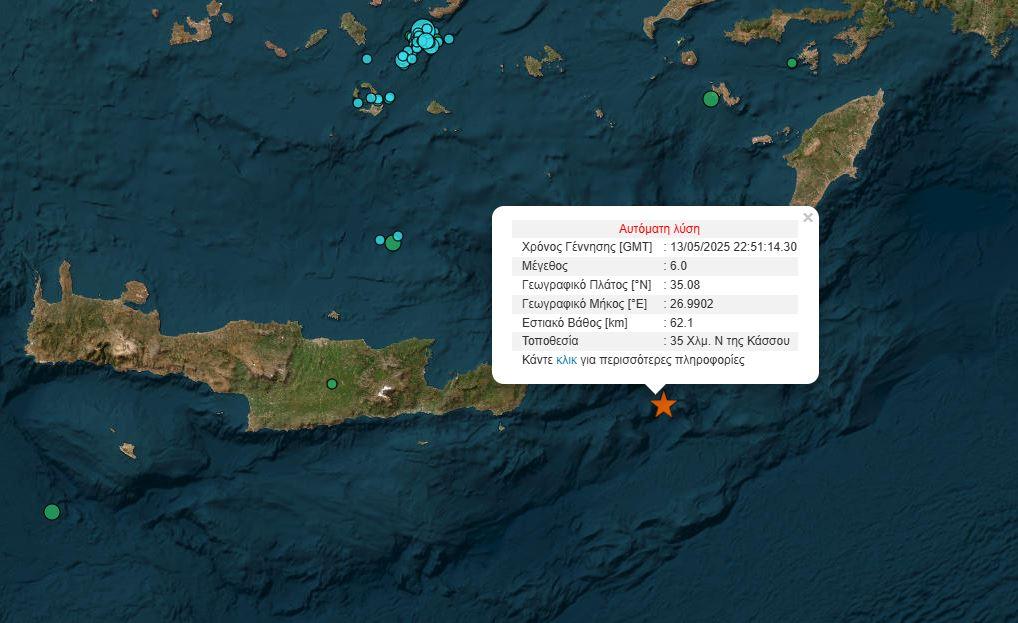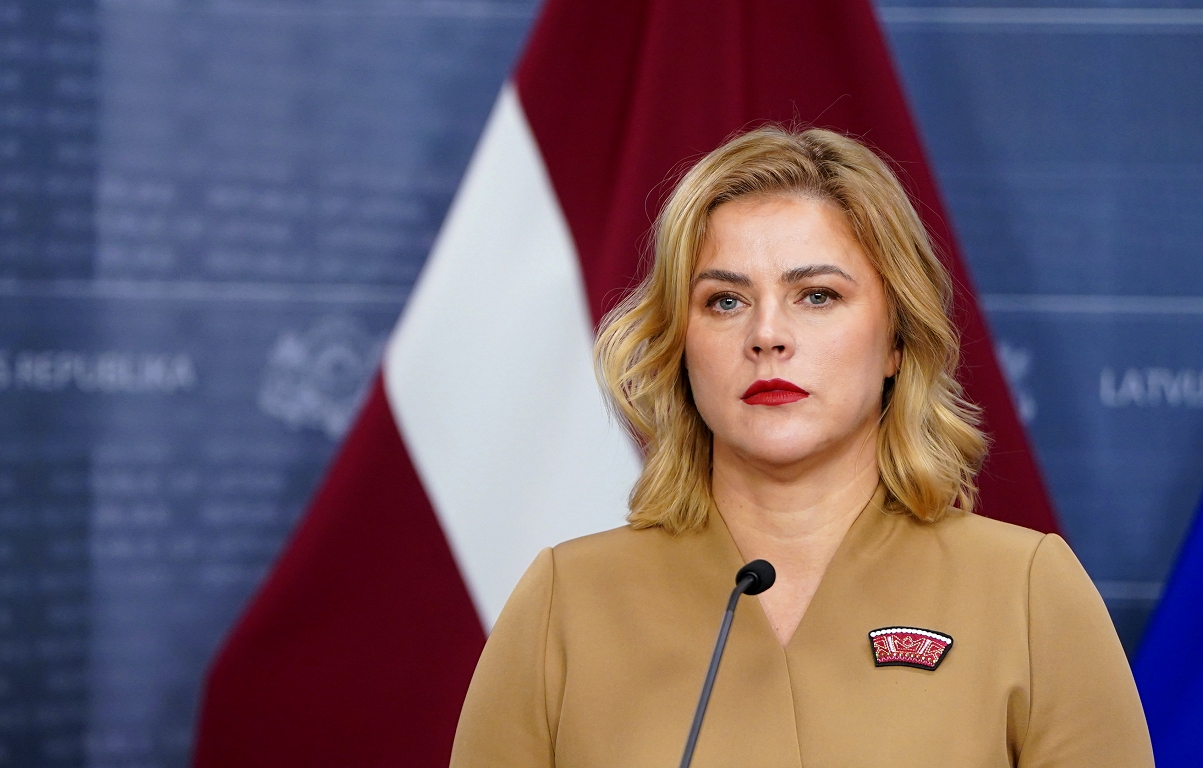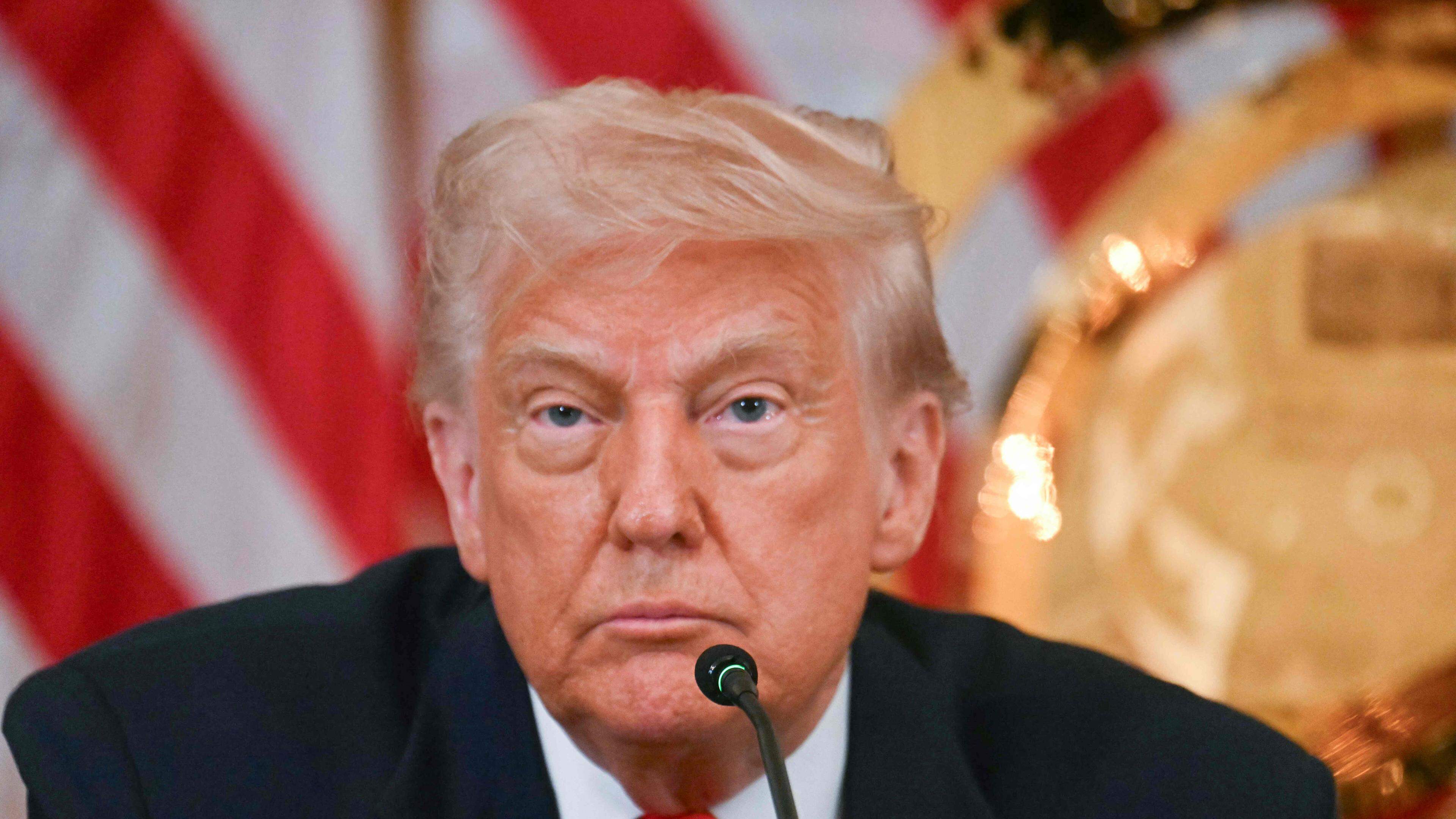Modest president became a sober lifestyle and his philosophy of life for left -wing movements
:format(webp)/s3/static.nrc.nl/bvhw/wp-content/blogs.dir/114/files/2021/11/trujilo-vierkant.png)
Former President José ‘Pepe’ Mujica van Uruguay died on Tuesday at the age of 89 in his hometown Montevideo. He was sick since last year and suffered from esophageal cancer.
Mujica was called « the poorest » or « most modest » president in the world because of his sober lifestyle. During his reign (2010-2015), Mujica decided to hand over ninety percent of his presidential salary (12,000 US dollars) to charities, poor Uruguayans and small entrepreneurs.
He refused to move to the Presidential Palace, but continued to live in his small farm where he grew flowers and grew vegetables, together with his wife and politician Lucía Topolansky and their three dogs.
He had nothing to do with expensive cars, he kept driving in his old Volkswagen Beetle. Because of his simple lifestyle and philosophy of life, his social nature and the rejection of luxury, he became an example for many, inspired people worldwide and hung a true cult status around him.
Mujica said about money: « We are too focused on wealth and not on happiness. We are only doing things and before you know it, life has passed you by. »
Legalization marijuana
During his presidency, Mujica transformed the small, original Catholic Uruguay into one of the most social-liberal and progressive democracies in the world. Under his reign, marijuana was legalized in Uruguay, with the government itself became a producer of cannabis.
« I don’t defend drug use. But I can’t defend a ban, because now we have two problems: drug addiction, what a disease is, and drug trafficking, which is even worse, » said Mujica referring to the organized crime in Uruguay, who held the marijuana trade.
During his reign, he also drew laws that made same -sex marriage possible and he relaxed abortion legislation.
Guerilla rider
José Mujica was a former guerrilla rider, farmer and flower grower. He grew up in a family of migrants in the 19one century traveled from the Spanish Basque Country to Uruguay. His father died when he was just ten, and he then helped his mother on the farm, where they grew chickens and did livestock farming.
Part of his family was active in local politics and Mujica became politically interested at a young age and joined the National Party. But he became disappointed because there was no room for progressive ideas and political reforms within this center -right party.
In the 1960s he became co-founder of the Marxist-Leninist city guinea crossbing Tupamaras. That movement focused against the conservative government through robberies, political abductions and bomb attacks. At the time, Mujica was involved in various violent confrontations with the police and soldiers and was shot a number of times.
Also read this column by Carolina Trujillo
Old left rascals
In 1973 the army came to power and there was a military dictatorship in the country for twelve years, where an estimated two hundred people were abducted and killed and thousands of Uruguayans were captured and tortured.
The guerrilla movement Tupamaras was dismantled and Mujica was arrested and was behind bars for thirteen years in which he was tortured, and was in lonely imprisonment for a long time. Together with other members of the Tupamaras, Mujica escaped from prison by digging a tunnel, but he was arrested again.
Left -wing governments
After democracy returned in 1985, Mujica was released and started in 1989 with the left -wing movement for popular participation (MPP). He was elected congress and subsequently Senator. He became Minister of Agriculture in Uruguay’s first left government. In 2010, Mujica was elected president with a large majority of votes, he was then 74 years old.
Although there was also criticism at the time because of his past as a guerrilla leader, many Uruguayans wore him, partly because he refused to go along with the presidential protocols. During his reign, Mujica also managed to set up a dialogue with right -wing parties and to come to cooperation.
« We can’t pretend we agree on everything. We have to agree with what there is, not with what we would like » is one of his best -known statements.
Social justice
After his ruling period, Mujica remained committed to social changes and became an icon for left-wing movements and Latin American leaders.
Reactions came in from all of Latin America after the death of Mujica. President Lula da Silva of Brazil, who was good friends with Mujica, praised him because of his « human greatness » and called him « a warrior for social justice. » He praised his commitment to inequality.

/s3/static.nrc.nl/images/gn4/data132180508-4e324b.jpg)
/s3/static.nrc.nl/wp-content/uploads/2025/05/13190933/ANP-522430340.jpg)
:format(webp)/s3/static.nrc.nl/images/gn4/stripped/data130670800-9db0a8.jpg)



